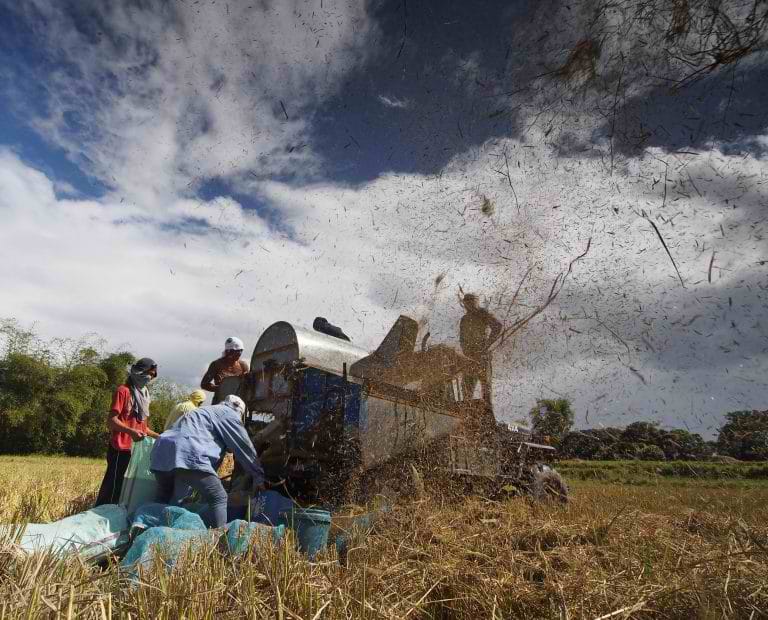Philippine News
DA races to save Albay ricefields from ‘tungro’ virus

MANILA – As the agriculture sector grapples with African swine fever, it has to deal with another infestation, this time the rice tungro virus (RTV).
The Department of Agriculture (DA) said it is already dealing with the RTV that has ravaged over a thousand hectares of rice farms in the Albay municipalities of Libon, Oas, and Polangui.
“There will be a massive spraying on the rice fields of affected farmers. The chemicals are already being acquired and distributed as we continue to validate reports to scale how much of our crop has been damaged by the infestation,” Science Researcher in DA Bicol Region Earl Vegas told the Philippine News Agency in an interview on Tuesday.
The DA Central Office initially provided the municipal agriculturists of Libon some 20 liters of insecticide that can cover about 80 hectares.
Experts said rice plants affected by RTV usually turn yellow-orange in color, then wilt. It starts in clusters and spreads around adjacent plants.
Albay 2nd District Rep. Joey Sarte Salceda earlier cited reports from municipal agriculturists that the infestations have so far affected about 375 hectares in Polangui, 221 in Libon, and 186.5 in Oas.
“They are the rice granaries of Albay. I seek immediate assistance for the affected farmers and for measures to preempt its contagion. Should funds be required, I will help secure the funding,” Salceda, who hails from Polangui, said in a text message to DA Secretary William Dar on Saturday.
Vegas said aside from spraying insecticides to suppress leafhoppers, they have been conducting educational awareness campaigns for affected farmers as well as those from neighboring farms.
“The infestation usually occurs due to uncoordinated schedule of planting of the farmers. After we spray all of the infested rice fields, the situation will be manageable by an estimate of a month,” he added.
He added that synchronous planting with surrounding farms is vital for the prevention of RTV.
“We share with the farmers some technical advice on the best time to plant,” he said.
Giovanni Valenciano, DA Bicol Region chief for Crop Pest Management Center, said almost all of affected rice plants in Libon are in their vegetative stage.
“These were those planted late or behind the usual planting period most likely because most farmers have to replant after their rice crops for the wet season cropping were destroyed by the three successive typhoons during the last quarter of the 2020,” he said.





















